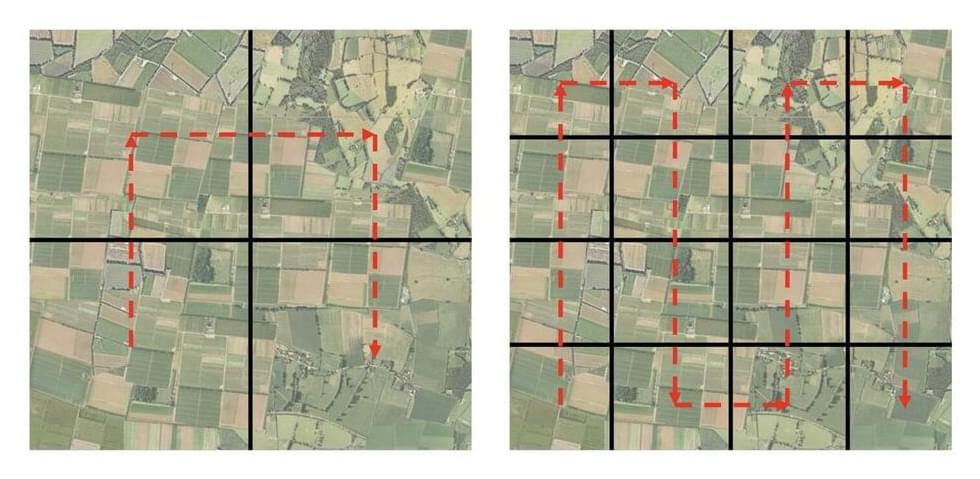These all-purpose, desktop machines can reproduce a seemingly infinite variety of items. In fact, they are like miniature factories. In appearance, they resemble a combined washing machine/microwave oven. Raw materials are purchased separately and can be loaded in solid, liquid or powder form. An interior compartment is accessed via a small hatch, where objects are constructed atom-by-atom. The process takes a matter of minutes and the assembled items can be used immediately. New schematics can be accessed from the web and programmed into the machine.
I did not create this animation video and i do not gain any profit from it. This is for educational purposes only.
I HOPE YOU ENJOY.






